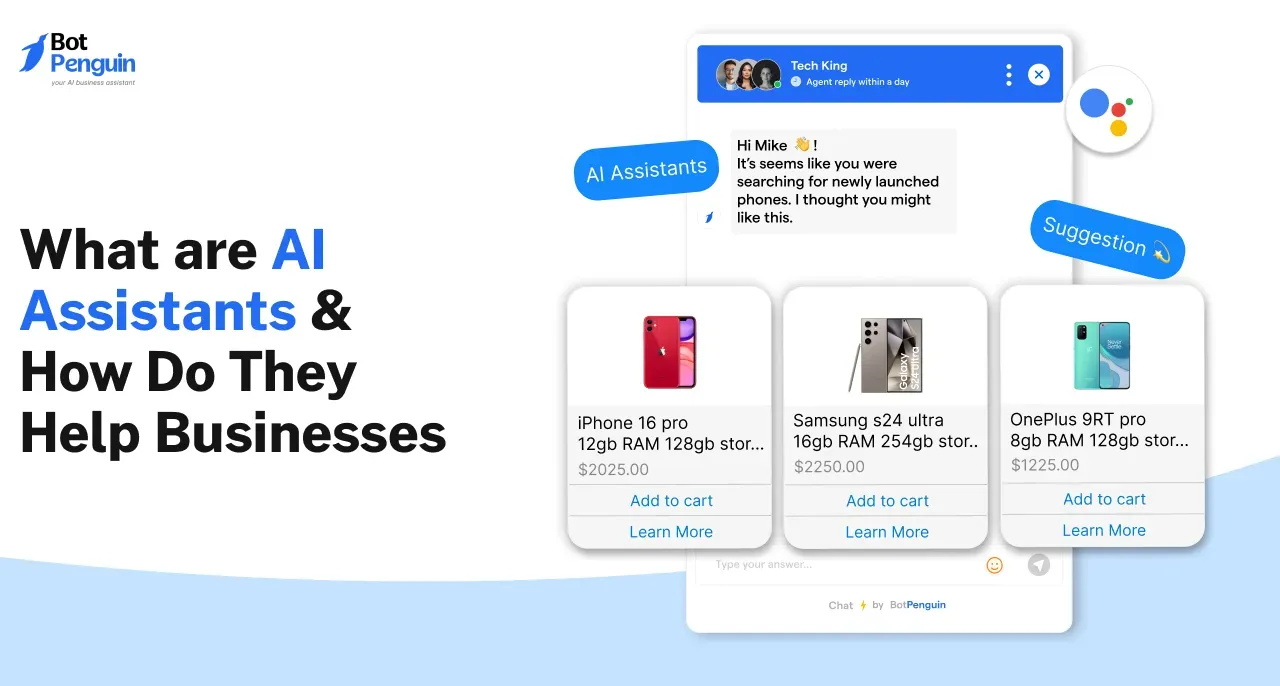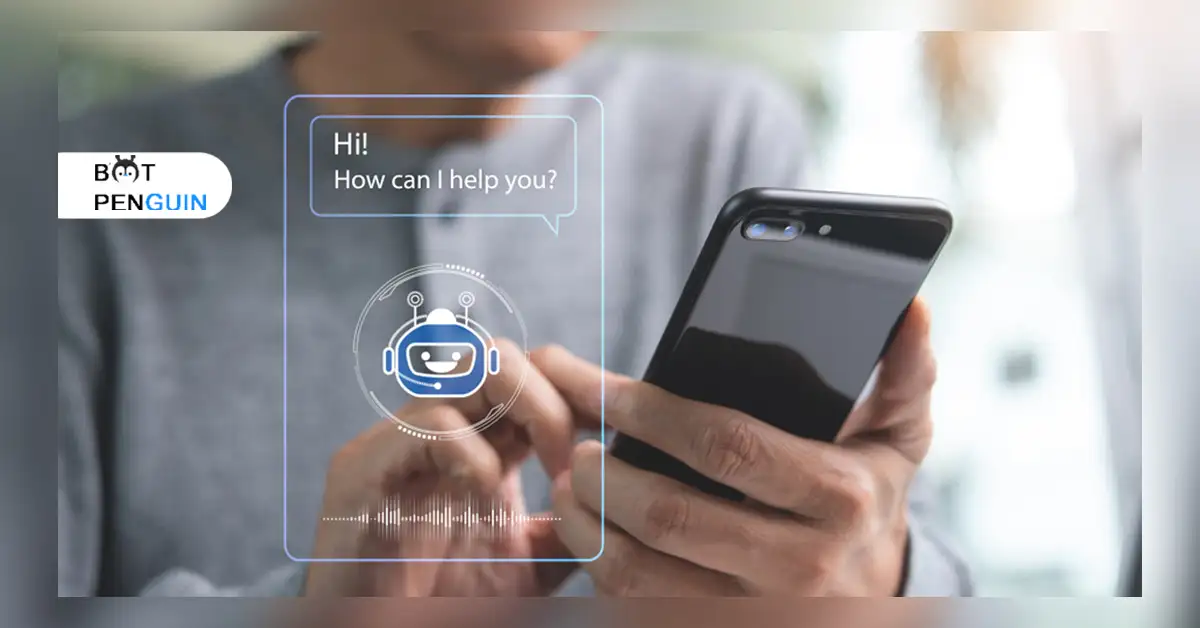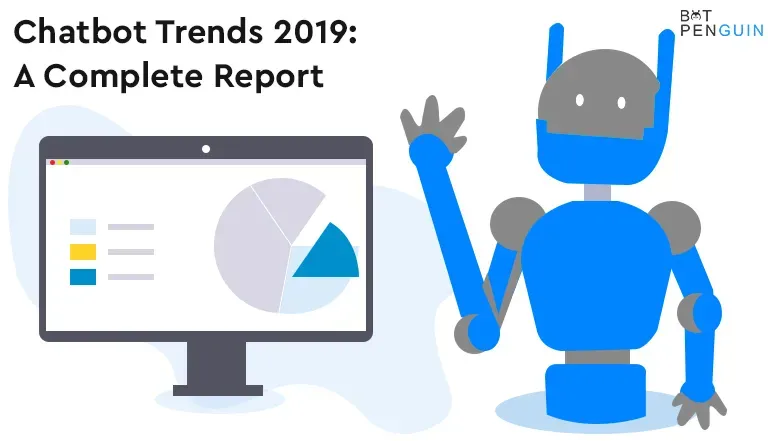Introduction
Can you keep up with the endless flow of customer inquiries, lead follow-ups, and support requests? If you're feeling overwhelmed and stretched thin, it might be time to bring in some backup - a chatbot sidekick for your CRM system.
In this blog, we're going to dive into how integrating a chatbot with your customer relationship management (CRM) software can be a total game-changer. Imagine having a virtual assistant working tirelessly around the clock to capture leads, qualify prospects, provide stellar customer service, and automate those mind-numbing repetitive tasks.
Yeah, it sounds almost too good to be true. But stick with us as we break down the awesome capabilities modern chatbots bring to the table with natural language skills. We'll show you how they can personally engage with customers, gather intel, and seamlessly hand off piping hot leads to your sales team.
Not convinced yet? We've got more - like how a chatbot can be your support team's MVP, instantly resolving common issues and escalating complex cases when needed. A study by Zendesk found that 72% of customers expect businesses to offer online chat support.
With a chatbot handling those basic inquiries, your human support reps can focus on tackling the trickier problems, leading to increased customer satisfaction (83% according to a Salesforce report). Hello, reduced wait times and happier customers!
Before you get too excited, we'll also guide you through finding the perfect chatbot and CRM system match for your business needs. After all, you want to make sure you're set up for integration success.
Keep on reading to find more!
Why Integrate Chatbots with Your CRM?
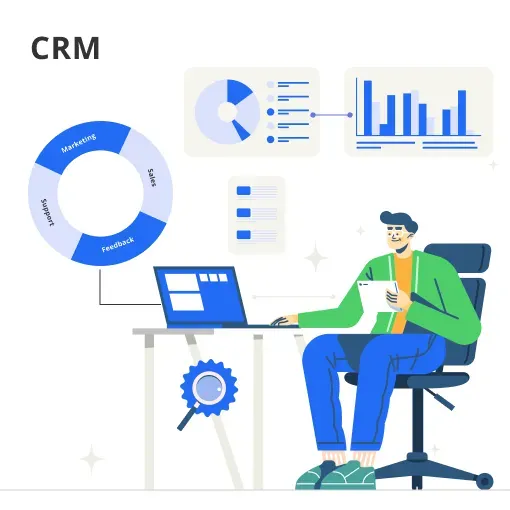
When integrated with your CRM, chatbots can efficiently capture leads and automatically qualify them based on predefined criteria.
Chatbots can gather essential information by engaging with potential customers in real time and ensuring that only qualified leads reach your sales team.
Enhance Customer Support and Engagement
CRM-integrated chatbots act as round-the-clock customer support agents.
They can respond instantly to customer queries, offer personalized assistance, and guide users through buying. This level of support boosts customer satisfaction, increases engagement, and drives conversions.
Automate Repetitive Tasks and Boost Efficiency
Chatbots are masters of automation. Integrating them with your CRM (Customer Relationship Management) allows you to automate repetitive tasks like data entry, appointment scheduling, and follow-ups.
This frees up valuable time for your sales and support teams, allowing them to focus on more complex and strategic activities.
Increase Sales Productivity and Conversion Rates
CRM-integrated chatbots work alongside your sales team as virtual assistants.
They can provide relevant product recommendations, cross-sell or upsell opportunities, and even assist with closing deals. This level of assistance improves sales productivity and boosts conversion rates.
Now, let us understand the chatbot capabilities for chatbot integration.
Suggested Reading:
5 CRMs That Will Help You Close More Leads
Understanding Chatbot Capabilities for CRM Integration
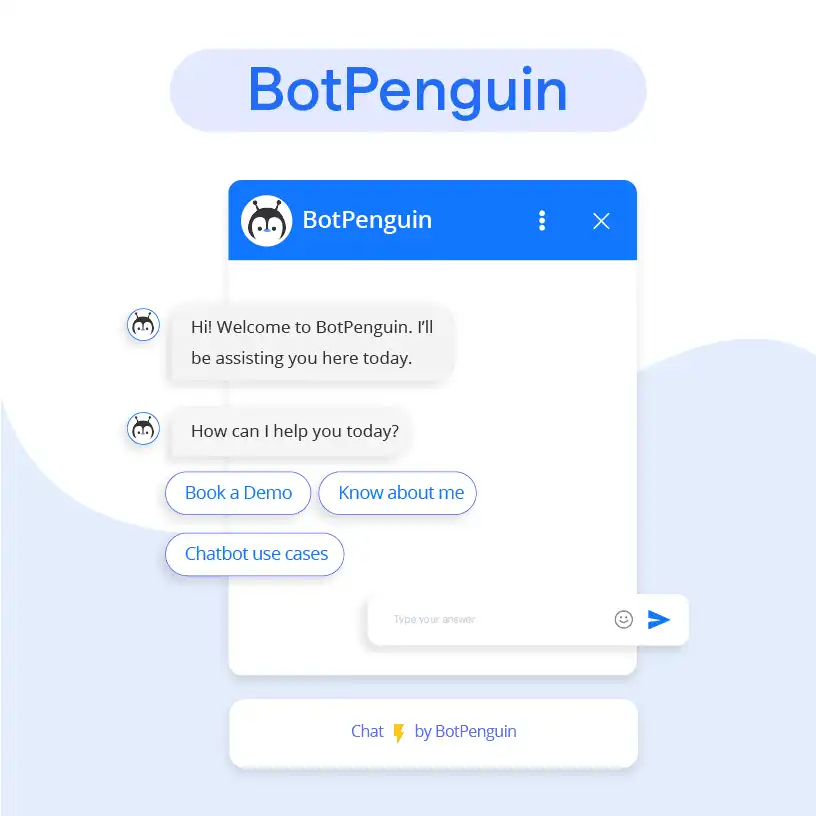
Before diving into CRM-integrated chatbots, let's explore their key capabilities:
Natural Language Processing (NLP) and Understanding
A good chatbot should have robust Natural Language Processing capabilities. This allows it to understand and interpret user queries, regardless of their phrasing or wording.
The chatbot should be able to extract meaningful information from conversations and respond accurately, mimicking human-like interactions.
A good chatbot like BotPenguin offers robust Natural Language Processing capabilities. This allows it to understand and interpret user queries, regardless of their phrasing or wording.
BotPenguin's advanced NLP algorithms ensure it can extract meaningful information from conversations and respond accurately, mimicking human-like interactions.
Lead Generation and Qualification Capabilities
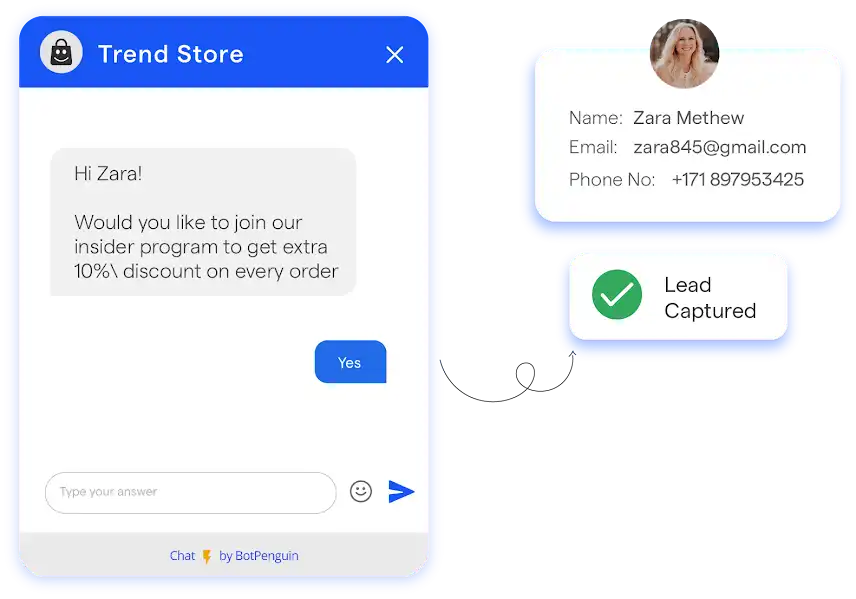
CRM-integrated chatbots can proactively engage website visitors and social media users, capturing crucial lead information.
AI Chatbots can automatically qualify leads based on predefined criteria by asking relevant questions and analyzing responses, ensuring your sales team prioritizes the most promising prospects.
BotPenguin's chatbot can proactively engage website visitors and social media users, capturing crucial lead information when integrated with CRM systems.
Data Integration and Reporting with Existing CRM
Chatbots should seamlessly integrate and exchange data with your existing CRM system to maximize the benefits of CRM integration. This allows for real-time data synchronization, ensuring accurate and up-to-date customer information.
Additionally, chatbot interactions should be logged and reported within the CRM, providing valuable insights for sales and marketing teams.
BotPenguin seamlessly integrates and exchanges data with your existing CRM system. This allows for real-time data synchronization, ensuring accurate and up-to-date customer information.
Customer Service Automation and Ticketing
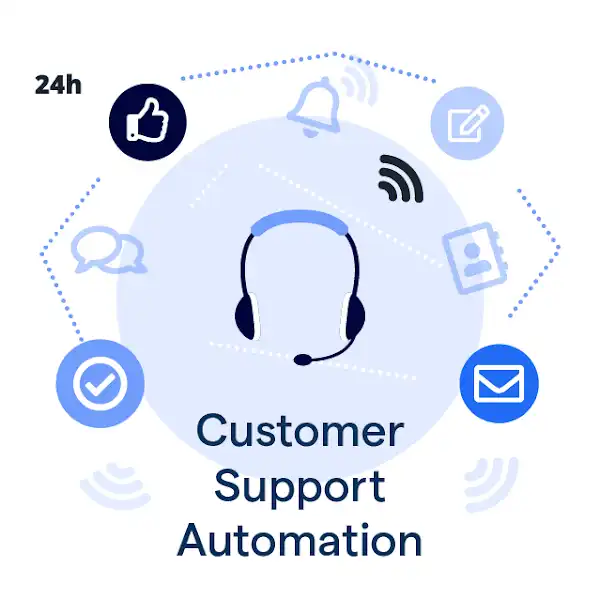
Providing efficient customer support is paramount, and chatbots excel in automating this process.
They can handle frequently asked questions, troubleshoot common issues, and even seamlessly escalate complex queries to human agents.
BotPenguin excels at automating this process. It can handle frequently asked questions, troubleshoot common issues, and even seamlessly escalate complex queries to human agents.
By understanding the capabilities of CRM-integrated chatbots, you can make informed decisions about the features and functionalities your business needs.
Next, we will cover choosing the right platform for your CRM integration.
Choosing the Right Chatbot Platform for Your CRM
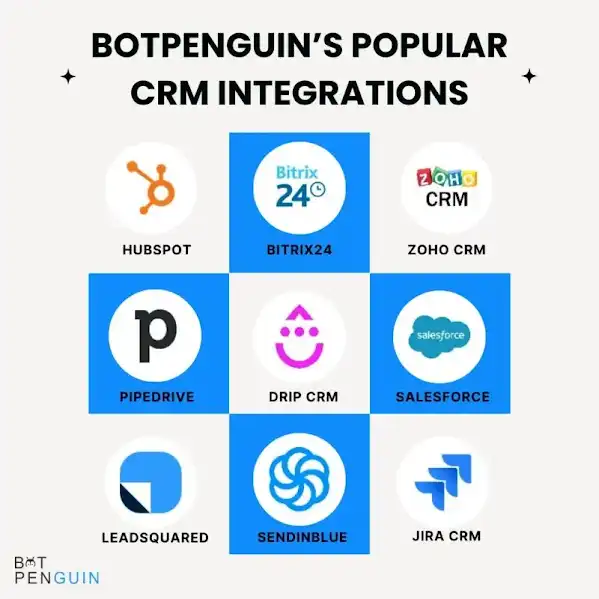
When it comes to integrating chatbots with your CRM system, choosing the right platform is crucial.
Let's explore how to match your specific needs with the available solutions.
Consider Your CRM System Compatibility
Before selecting a chatbot platform, ensure it is compatible with your existing CRM system.
Compatibility allows for seamless data integration, real-time synchronization, and a unified experience for your team.
BotPenguin offers 60+ seamless integration with various popular CRM systems, allowing for seamless data integration, real-time synchronization, and a unified experience for your team.
Evaluate Chatbot Features and Customization Options
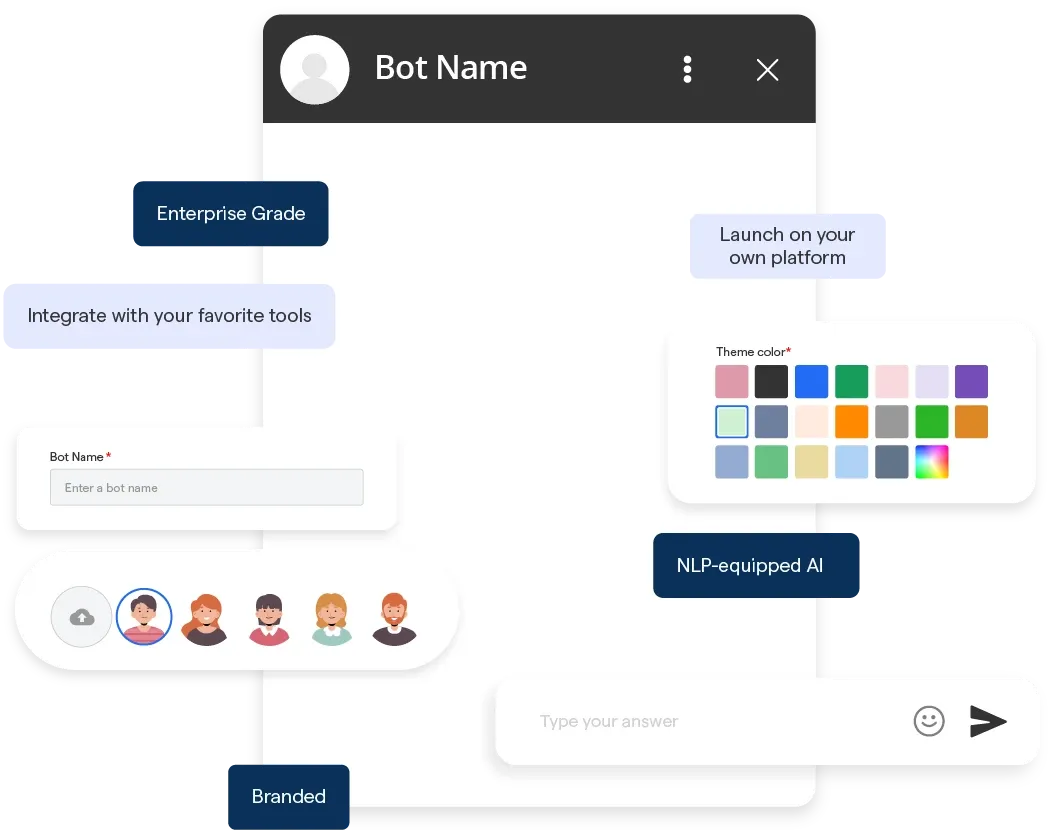
Take a close look at the features offered by different chatbot platforms and consider whether they align with your specific requirements.
Look for customization options that allow you to tailor the chatbot to your brand image and customer experience.
BotPenguin provides a comprehensive set of capabilities tailored to meet your specific requirements. It also offers customization options that allow you to tailor the chatbot to your brand image and deliver a personalized customer experience.
Pricing and Implementation Factors
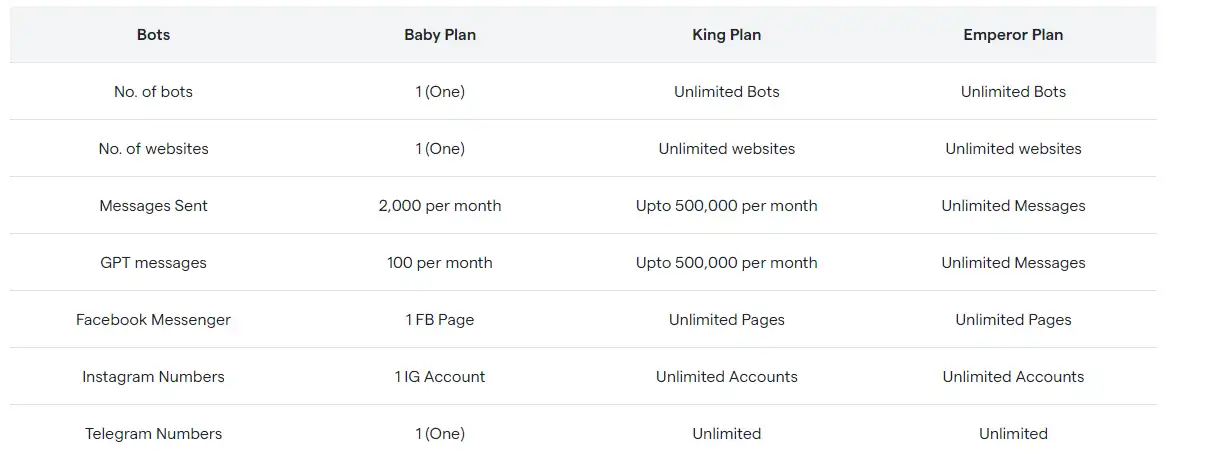
When selecting a chatbot platform, always consider the pricing structure. Evaluate whether it fits within your budget and provides value for the investment.
Additionally, assess the ease of implementation and integration with your CRM system.
The BotPenguin chatbot platform's flexible pricing structure, designed to fit within various budgets and provide value for your investment, can benefit you.
Additionally, BotPenguin's streamlined implementation process ensures a smooth integration with your CRM system.
Security and Data Privacy Regulations
Data privacy and security are of utmost importance. Look for a chatbot platform that adheres to industry-standard security measures and complies with relevant data privacy regulations.
Ensure that customer data is handled responsibly and securely.
BotPenguin adheres to industry-standard security measures and complies with relevant data privacy regulations, ensuring customer data is handled responsibly and securely throughout the integration process.
Next, we will see how to implement chatbots for a seamless CRM experience.
Implementing Chatbots for a Seamless CRM Experience
Now that you have chosen the right chatbot platform, let's explore how you can implement chatbots for a seamless CRM experience.
Defining Chatbot Goals and Use Cases
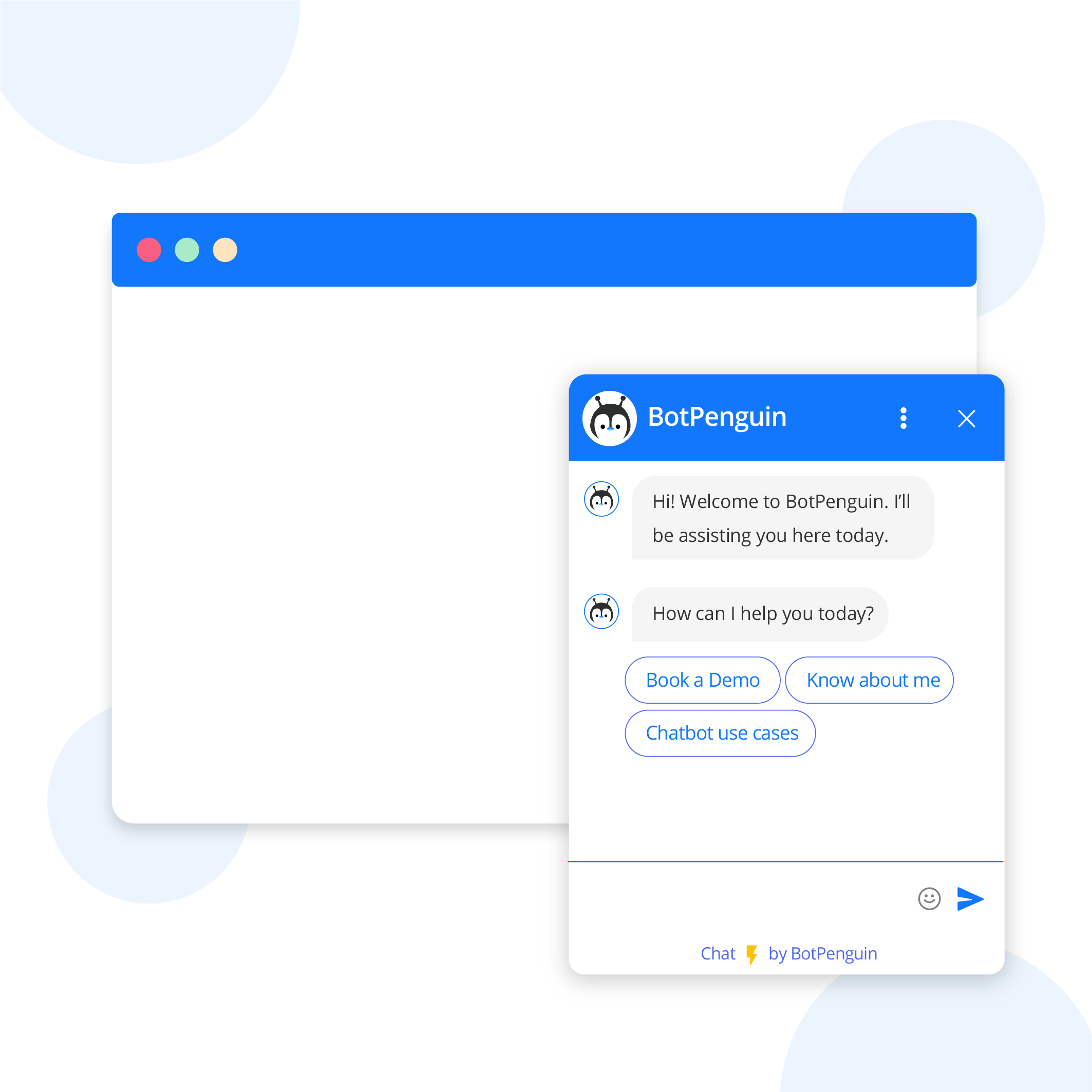
Clearly define the goals you want to achieve with your chatbot integration. Identify the specific use cases where the chatbot will provide value.
Whether streamlining lead capture or enhancing customer support, having a clear purpose will guide your implementation process.
Designing Effective Chatbot Conversations and Workflows
Create conversational flows that align with your customer interactions and business processes.
Design the chatbot conversations to be engaging, informative, and personalized. Ensure the chatbot can handle various scenarios and provide accurate and relevant responses.
Training the Chatbot on Your CRM Data and Language
Train the chatbot on your CRM data to make it more effective. Feed it with relevant information about your products, services, and customer preferences.
Also, train the chatbot to understand and respond to common language patterns your customers use.
By integrating a CRM with your chatbot you can set up drip campaigns and send bulk messages on platforms that are convenient for your customers. Because BotPenguin provides no code AI chatbots for multiple platforms like:
- WhatsApp Chatbot
- Facebook Chatbot
- Wordpress Chatbot
- Telegram Chatbot
- Website Chatbot
- Squarespace Chatbot
- Woocommerce Chatbot
- Instagram Chatbot
User Testing and Performance Monitoring
Before deploying the chatbot, conduct thorough user testing to ensure its effectiveness and usability.
Monitor its performance regularly and make necessary adjustments based on user feedback. Continuous improvement is key to providing an exceptional CRM experience.
Lastly, we will see how to measure the impact of chatbot integration on your CRM.
Measuring the Impact of Chatbot Integration on Your CRM
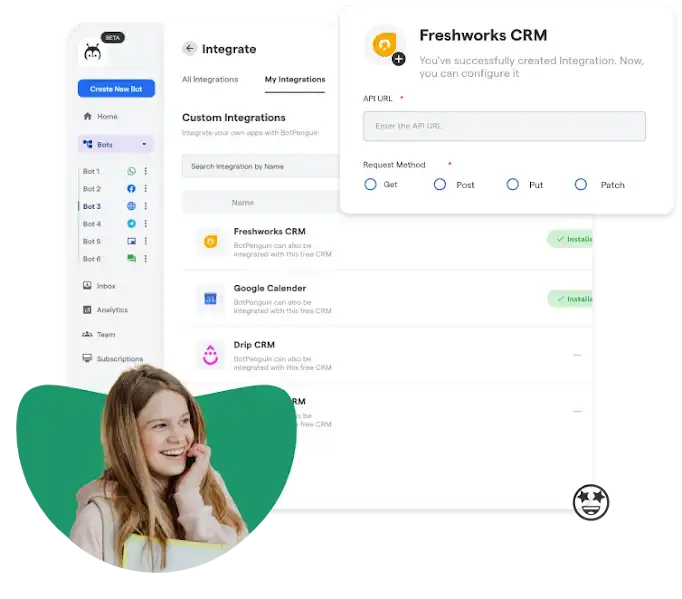
Tracking performance and key metrics is essential to measuring the impact of integrating chatbots with your CRM system.
By monitoring these metrics, you can quantify the benefits and make informed decisions to optimize your chatbot-powered CRM.
Lead Conversion Rates and Customer Acquisition Costs
One of the key metrics to track is lead conversion rates, which measure the percentage of leads converted into customers.
By comparing conversion rates with and without chatbot integration, you can assess the impact on your sales pipeline.
Additionally, analyze customer acquisition costs to determine if chatbot integration has helped reduce expenses associated with acquiring new customers.
Customer Satisfaction Levels and Resolution Times
Customer satisfaction is critical for any business, and integrating chatbots with your CRM can impact it positively.
Measure customer satisfaction levels through surveys, feedback, and ratings. Assess how chatbot interactions contribute to customer satisfaction and resolution times.
By monitoring resolution times, you can identify whether chatbots effectively resolve customer queries more quickly and efficiently.
Suggested Reading:
6 reasons why you should adopt a CRM for your business?
Agent Productivity and Task Automation Efficiency
Evaluate agent productivity by analyzing their efficiency in handling customer interactions.
Measure the time saved by automating repetitive tasks through chatbot integration. Assess whether agents can focus more on high-value tasks and complex customer inquiries.
By tracking agent productivity metrics, such as the number of interactions handled or deals closed, you can determine the impact of chatbots on your overall team performance.
ROI Analysis and Return on Investment
Conduct a comprehensive ROI analysis to measure the return on your chatbot integration investment.
Calculate the cost savings from increased efficiency and automation, reduced customer support expenses, and improved sales conversion rates.
Assess the long-term impact and determine if integrating chatbots with your CRM system has provided a positive return on investment.
Conclusion
Integrating chatbots with your Customer Relationship Management (CRM) system can truly be a game-changer for your business. It's like having a dedicated assistant that works round the clock, ensuring that no customer query is left unattended and no potential lead is missed.
Chatbots can automate a wide range of tasks that are often time-consuming for humans. For instance, they can handle the initial interaction with a potential customer, gathering basic information and qualifying the lead. This information is then automatically updated in your CRM system, allowing your sales team to step in and close the deal.
Moreover, chatbots can significantly enhance the customer experience. They can provide instant responses to common queries, reducing wait times and improving customer satisfaction. They can also offer personalized recommendations and assistance, thanks to their ability to access and analyze customer data from the CRM system.
However, the success of a chatbot largely depends on its ability to understand and respond to customers in a natural, human-like manner. This is where a platform like BotPenguin shines.
BotPenguin's chatbots are powered by cutting-edge natural language processing capabilities, ensuring that they can understand and respond to customers effectively.
BotPenguin also offers a high degree of customization. You can tailor the chatbot's responses and behavior to align with your brand voice and customer experience. This ensures that the chatbot feels like a natural extension of your business, rather than a separate entity.
Finally, BotPenguin prioritizes the security and privacy of your customer data. The platform employs top-notch security measures to protect your data, giving you peace of mind.
So why wait? Sign up for BotPenguin today and experience the future of customer engagement!
Frequently Asked Questions (FAQs)
How can a chatbot integration make my CRM service more effective?
By integrating a chatbot into your CRM service, you can automate customer interactions, provide instant responses, and gather valuable customer data for better insights and personalized services.
What tasks can a chatbot handle in CRM?
A chatbot can handle various tasks in CRM, including answering FAQs, collecting customer information, scheduling appointments, resolving simple issues, and routing inquiries to the appropriate departments.
Will a chatbot integration replace human agents in CRM?
No, a chatbot integration isn't meant to replace human agents. Instead, it acts as a valuable support tool, handling routine tasks and providing quick responses. Human agents can focus on complex issues and delivering personalized customer experiences.
How does chatbot integration improve customer satisfaction?
Chatbot integration improves customer satisfaction by providing instant responses, 24/7 support, personalized interactions, and reducing wait times. Customers can get quick solutions to their queries, enhancing their overall experience.
Can a chatbot integration improve efficiency and productivity?
Yes, a chatbot integration can significantly improve efficiency and productivity. Chatbots can handle multiple inquiries simultaneously, reduce response times, automate repetitive tasks, and provide data insights, allowing your team to focus on more critical activities.

